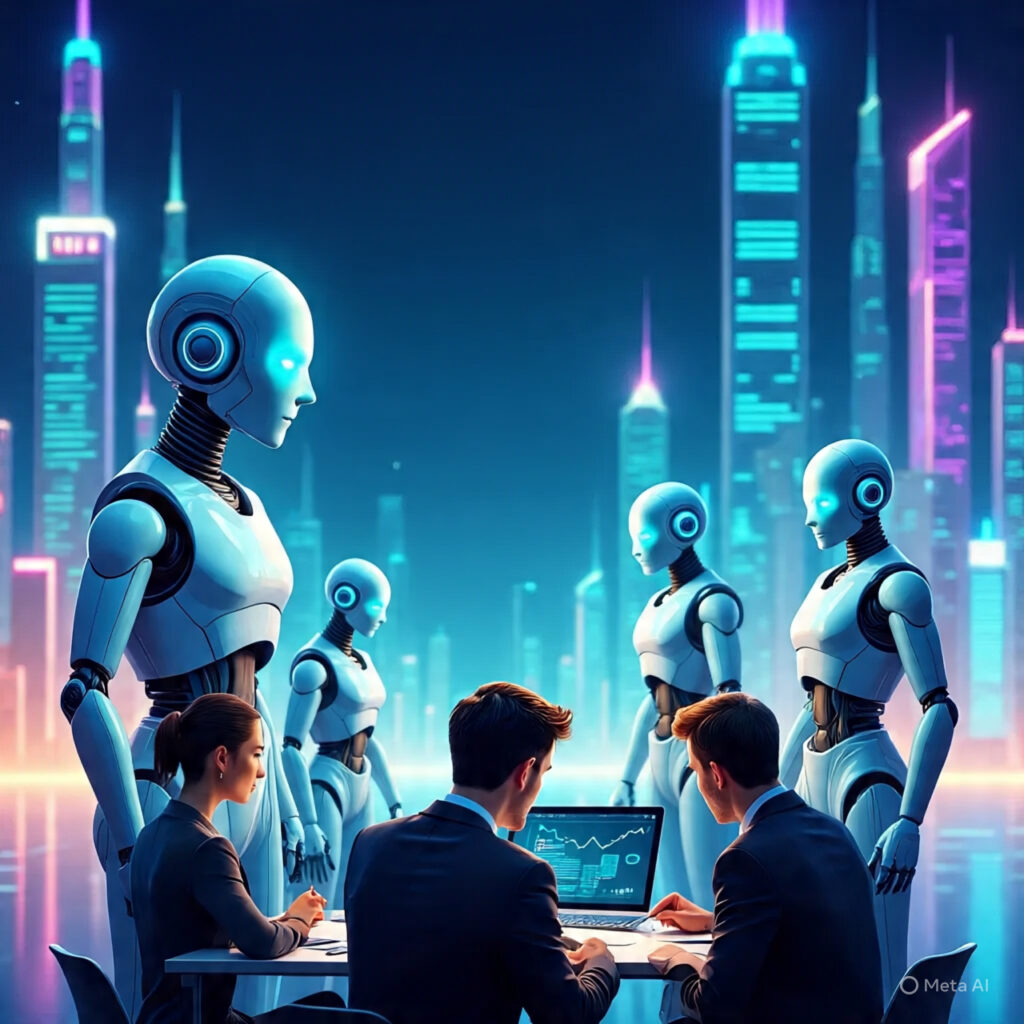Artificial Intelligence (AI) is no longer a future trend—it’s a transformative force that’s redefining the marketing landscape today. From data-driven personalization to autonomous content creation, AI is reshaping how brands connect with their audiences, optimize performance, and scale their efforts.
At Kacher Group, we’ve seen firsthand how AI is unlocking new levels of efficiency and insight for marketers across industries. Here’s a deep dive into how AI is changing the game—and what your business can do to stay ahead.
🔍 1. Smarter Customer Insights with Predictive Analytics
AI enables marketers to process vast amounts of customer data in real-time—identifying patterns, forecasting behavior, and optimizing user journeys. Predictive analytics tools use machine learning to segment audiences more precisely and anticipate needs before customers express them.
Example: E-commerce brands can recommend products based on past purchases, browsing history, and even sentiment from reviews—dramatically increasing conversion rates.
🤖 2. AI-Powered Content Generation
AI-driven tools like ChatGPT, Jasper, and Copy.ai are streamlining content production at scale. From writing blogs and ad copy to generating SEO meta tags and email campaigns, marketers can produce more content, faster—without sacrificing quality.
But it’s not about automation alone. At Kacher Group, we use AI as a collaborator—accelerating content ideation while keeping human creativity and strategy at the core.
💬 3. Hyper-Personalization at Scale
Modern consumers expect highly personalized experiences. AI enables hyper-targeted marketing by using real-time data and behavioral triggers to serve the right message at the right moment—via email, social media, or on-site.
Real-world example: Spotify and Netflix use AI algorithms to deliver tailored content and recommendations, boosting engagement and retention.
🎯 4. Dynamic Ad Optimization
AI is revolutionizing paid media by automating bid strategies, A/B testing creatives, and analyzing campaign performance in real time. Platforms like Google Ads and Meta Ads use AI to continually optimize placements, budgets, and audience targeting.
Result: Marketers spend less time on manual adjustments and more time focusing on strategy and growth.
🛠 5. Conversational AI & Chatbots
AI-powered chatbots and voice assistants are now essential touchpoints in the customer journey. From answering FAQs to qualifying leads and offering 24/7 support, conversational AI reduces response time and boosts satisfaction.
Advanced chatbots can even analyze tone and sentiment, providing more empathetic and human-like interactions.
🌐 6. Agentic AI: The Next Frontier
Emerging technologies like Agentic AI take automation a step further. These intelligent agents don’t just respond—they take initiative. They can autonomously plan marketing tasks, test variations, and adjust workflows in real-time, reducing dependency on manual oversight.
Use case: Imagine an AI agent that builds, launches, and iterates a landing page based on live traffic behavior—completely hands-off.
🔐 7. Ethical AI & Responsible Marketing
As AI becomes more integrated into marketing strategies, ethical considerations—like data privacy, transparency, and algorithmic bias—are more important than ever. Marketers must prioritize trust, comply with regulations (like GDPR/CCPA), and stay accountable for how AI is used.
Final Thoughts: Adapting to AI Is No Longer Optional
AI isn’t here to replace marketers—it’s here to empower them. The brands that win in 2025 will be the ones that leverage AI not as a shortcut, but as a strategic advantage.
At Kacher Group, we help businesses integrate AI tools into their marketing workflows—driving smarter campaigns, faster growth, and better customer experiences.
Ready to Future-Proof Your Marketing?
Let’s explore how AI can elevate your marketing strategy.
📞 Call us at [+91-8818069298]
📧 Email: [pv7056@gmail.com]
💬 Or schedule a free AI marketing consultation with our experts today.

